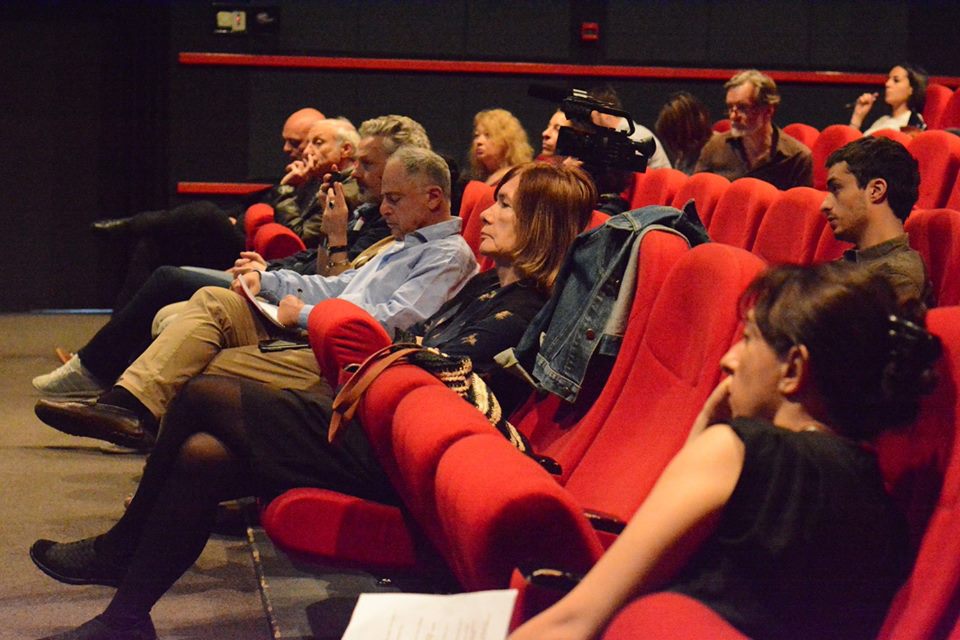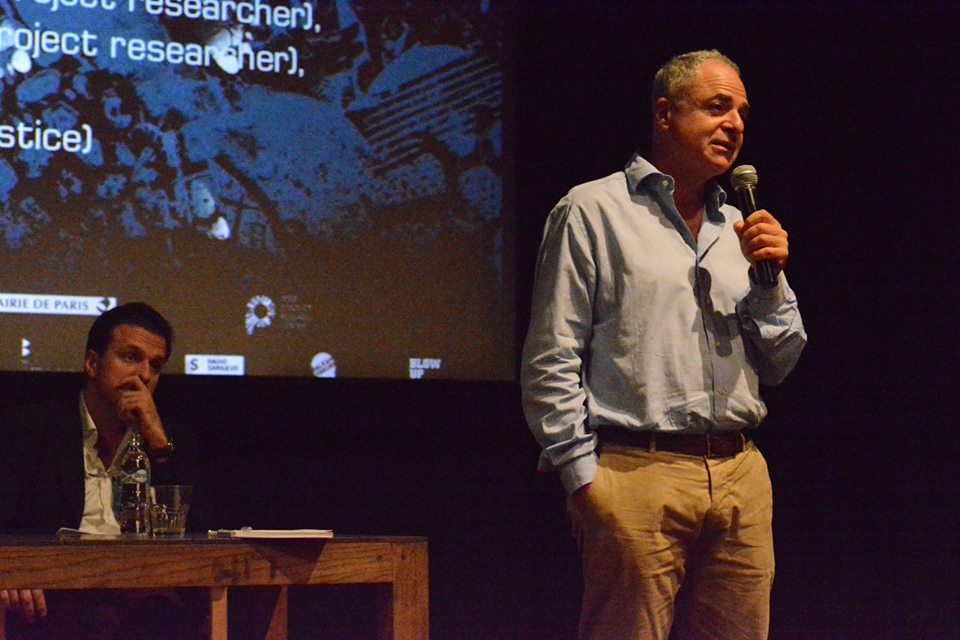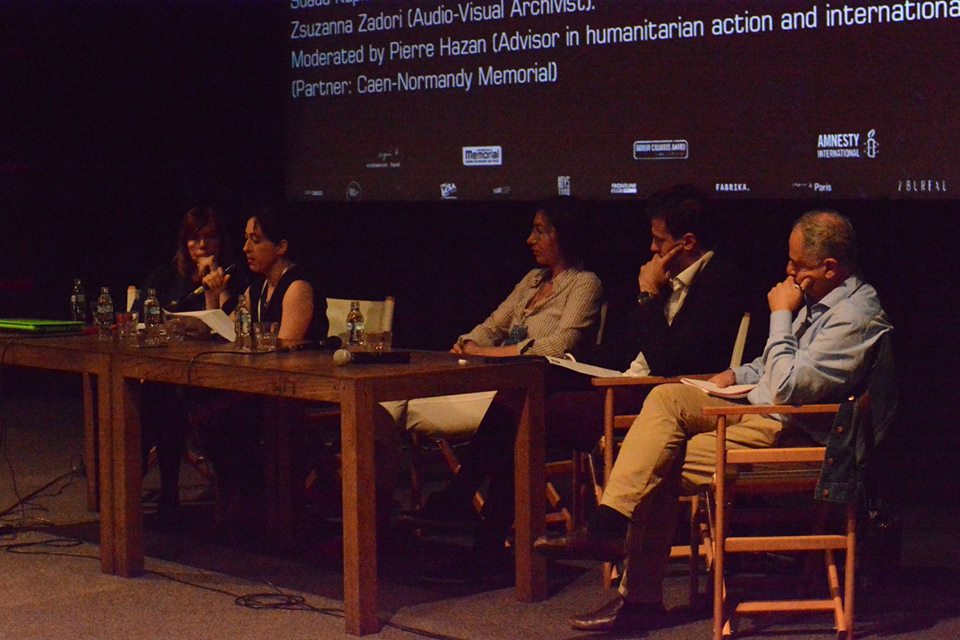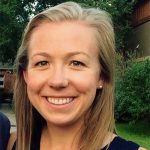
On 29 June 2016, the fourth day of the 2016 WARM Festival, the WARM Foundation hosted a conference entitled ‘War Archives,’ which featured panelists directly involved in preserving documents that give testament to the lived experiences of war.
On 29 June 2016, the fourth day of the 2016 WARM Festival, the War Art Reporting and Memory Foundation (WARM) hosted a conference entitled ‘War Archives,’ which featured panelists directly involved in preserving documents that give testament to the lived experiences of war.
Moderated by Pierre Hazan (advisor in humanitarian action and international justice), the conference included Cécile Hennion (Le Monde journalist and WARM Syria Archive Project researcher), Suada Kapić (FAMA Collection), Adnan Pavlović (WARM Ex-Yugoslavia Archive Project researcher), and Zsuzanna Zádori (Audo-Visual Archivist).
The conference opened with Zsuzanna Zádori, an audio-visual archivist working on the Chechen archive that recently launched an online site. As she highlighted the mission of the archive to promote truth, justice, and memory, Zádori underscored the larger purpose of archiving to ‘preserve, restore, digitize, analyze, and share.’ While the collection of photos, video, and audio recordings poses a daunting task, she noted that ‘collecting is the easiest part. What is really, really important is what you attach to the video.’
Witness protection presents a tremendous concern in the compilation of archives. To address this issue, a split between unclassified and confidential material enables archivists to remove metadata on documents linked to witnesses. Moreover, access to files is controlled through website monitoring and viewer accreditation.

Suada Kapić of the FAMA Collection continued the conference by exploring the process of archiving the Siege of Sarajevo for use in education projects. The work following the conflict echoed the challenges Zádori addressed, particularly in verifying facts behind the collected photographs. With the gradual growth of archives, however, this ‘living museum’ now offers opportunities to understand life under the siege from sources outside of the media and government reports.
Transitioning from established collections, Cécile Hennion highlighted the ongoing work of archiving the Syria crisis with the WARM Syrian Archive, which focuses on documenting culture and media. With the close of their borders to international media and tightened censorship, Syrian civilians spread news through ‘their own tenacity and creativity.’ These ‘improvised journalists’ provided much of the material necessary for archiving the conflict, but the amateur status of civilian reporters resulted in unverified data necessary for appropriate archiving. Unlike the Chechen and Sarajevo collections, the Syria conflict continues to unfold, requiring archivists like Hennion to wonder ‘when this war will stop, and what it will become.’
Adnan Pavlović continued the discussion of archiving the phenomenon of ‘life under the war’ through his work with the WARM Ex-Yugoslavia Archive Project. Twenty years post-war, archivists work to discover the unseen material for documentation of the experience of war outside of political perspectives. Emphasizing the vitality of collaboration with the local communities, Pavlović suggested that a better understanding of the war will help to prevent future conflicts, both regionally and internationally.

While the work of the panelists varied regarding the conflicts archived and their respective progress to date, the conference highlighted the legal, political, and technical constraints of archiving war. Despite these impediments, each speaker emphatically articulated the vitality of creating a ‘living museum,’ through which the documentation of conflict gives testament to the lived experiences of conflict and asserts an outcry against the proliferation of war.
—
The WARM Festival took place in Sarajevo from Sunday 26 June to Saturday 2 July 2016. Organized by the War Art Report and Memory Foundation (WARM), in collaboration with the Post-Conflict Research Center (PCRC), the WARM Festival brings together artists, reporters, academics and activists around the topic of contemporary conflict.






